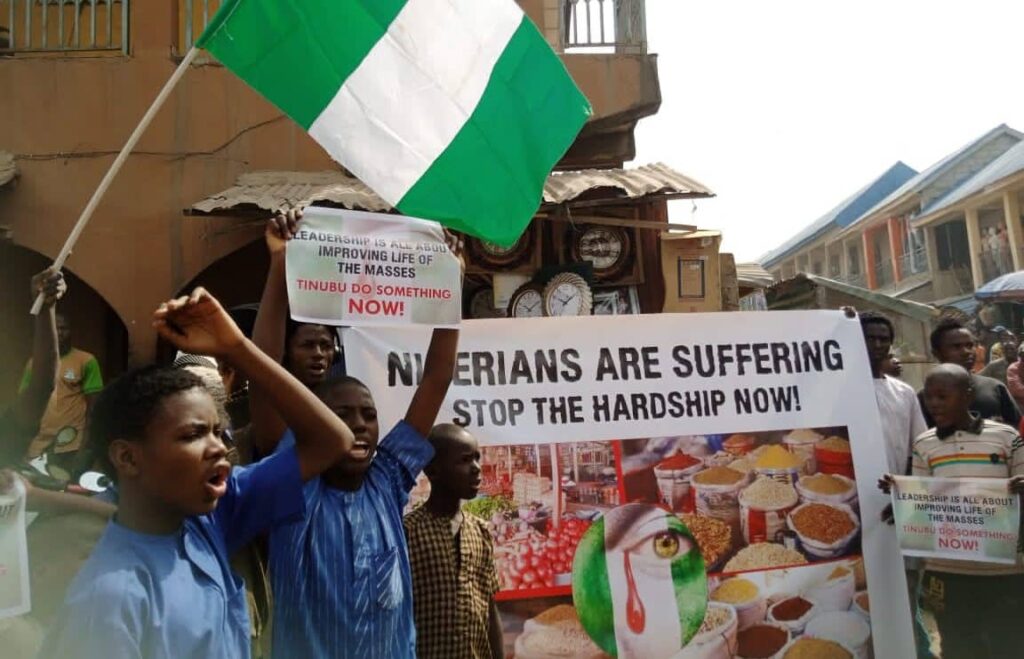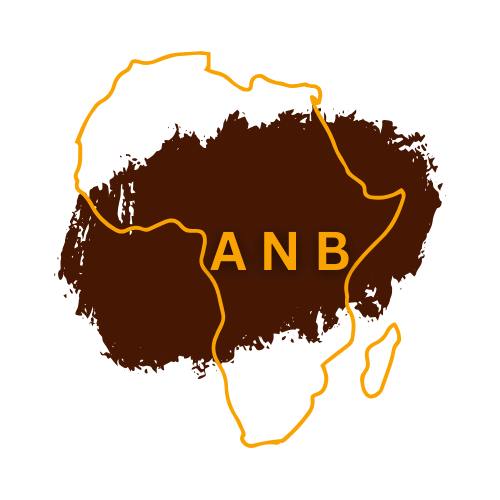
Nigeria is bracing for nationwide protests this week as citizens express their frustration over worsening economic conditions. Despite warnings from politicians and the army, organizers argue that government failings leave them with no other option.
Economic Hardship and Reforms
Nigeria is currently experiencing its worst cost-of-living crisis in a generation. This follows a series of economic reforms implemented by President Bola Ahmed Tinubu since he took office last year. Among these reforms was the end of a long-standing fuel subsidy and the removal of currency controls, resulting in a tripling of petrol prices and a sharp rise in inflation.
The World Bank and the International Monetary Fund (IMF) have supported these measures, stating they are necessary to revive Nigeria’s economy. However, the immediate impact on Nigerians has been severe, with food inflation exceeding 40% and hunger spreading, particularly in the northern regions.
Comparisons to Kenya
Some analysts believe that the protests in Nigeria could gain momentum similar to recent demonstrations in Kenya, driven by shared grievances and the mobilizing power of young people on social media. Nigerian risk consultancy SBM has warned that a heavy-handed response from authorities could lead to a confrontation spiraling out of control.
However, many experts argue that Nigeria’s situation differs from Kenya’s and is less likely to draw large crowds, citing the limited unrest seen so far in response to Tinubu’s reforms and fears of potential crackdowns based on past experiences.
Organizers and Public Sentiment
The protests are being driven by young people and several campaign groups, who have been building support on social media using hashtags like “EndBadGovernanceinNigeria” and “RevolutionNow”. Despite authorities’ claims that the protests have been hijacked by violent groups, organizers insist that ordinary Nigerians are at the core of the movement and accuse the government of preparing for a crackdown.
Activists hope to mobilize thousands of Nigerians to protest nationwide, particularly in major cities like Lagos, Abuja, and Kano. However, many citizens express concerns about potential violence or losing a day’s wages. Patience, a 27-year-old mother and street vendor, shared her dilemma: “I would like to join the protests because I need a change in Nigeria, but my priority is earning enough to buy formula milk for my nine-month-old son.”
Northern Nigeria
The economic situation has hit majority-Muslim northern Nigeria hard, and religious leaders have urged people to avoid the rallies. Despite this, several groups plan to move forward with protests. In Kano, a schoolteacher named Mansir expressed his determination to protest: “We are dying in silence and it is only when we shout that the government will understand what we are going through.”
Government Response
In response to the protest calls, Nigerian officials, security forces, and governors have issued numerous warnings, urging youth to stay away and making several arrests. The government has announced measures to alleviate hunger, such as doubling the minimum wage and distributing rice nationwide.
Police in Abuja are preparing by deploying over 4,000 officers, while the army has stated it will not allow “anarchy to befall our nation.” President Tinubu has cautioned against escalation, emphasizing the need for careful action: “We are talking about hunger, not burials. We have to be careful.”
Historical Context
Nigeria’s last major protest movement, the 2020 #EndSARS rallies, ended in a violent crackdown by security forces. These protests, which began over police abuses by the SARS anti-robbery squad, grew into the largest anti-government demonstrations in Nigeria’s modern history. Amnesty International reported that soldiers shot at least 10 people at the Lekki toll gate in Lagos, though the government and the army deny responsibility.
Similarly, in 2012, the military suppressed “Occupy Nigeria” protests against former President Goodluck Jonathan’s attempt to remove fuel subsidies.
As the protests set to begin on Thursday, the nation watches closely to see how these demonstrations will unfold and how the government will respond.
